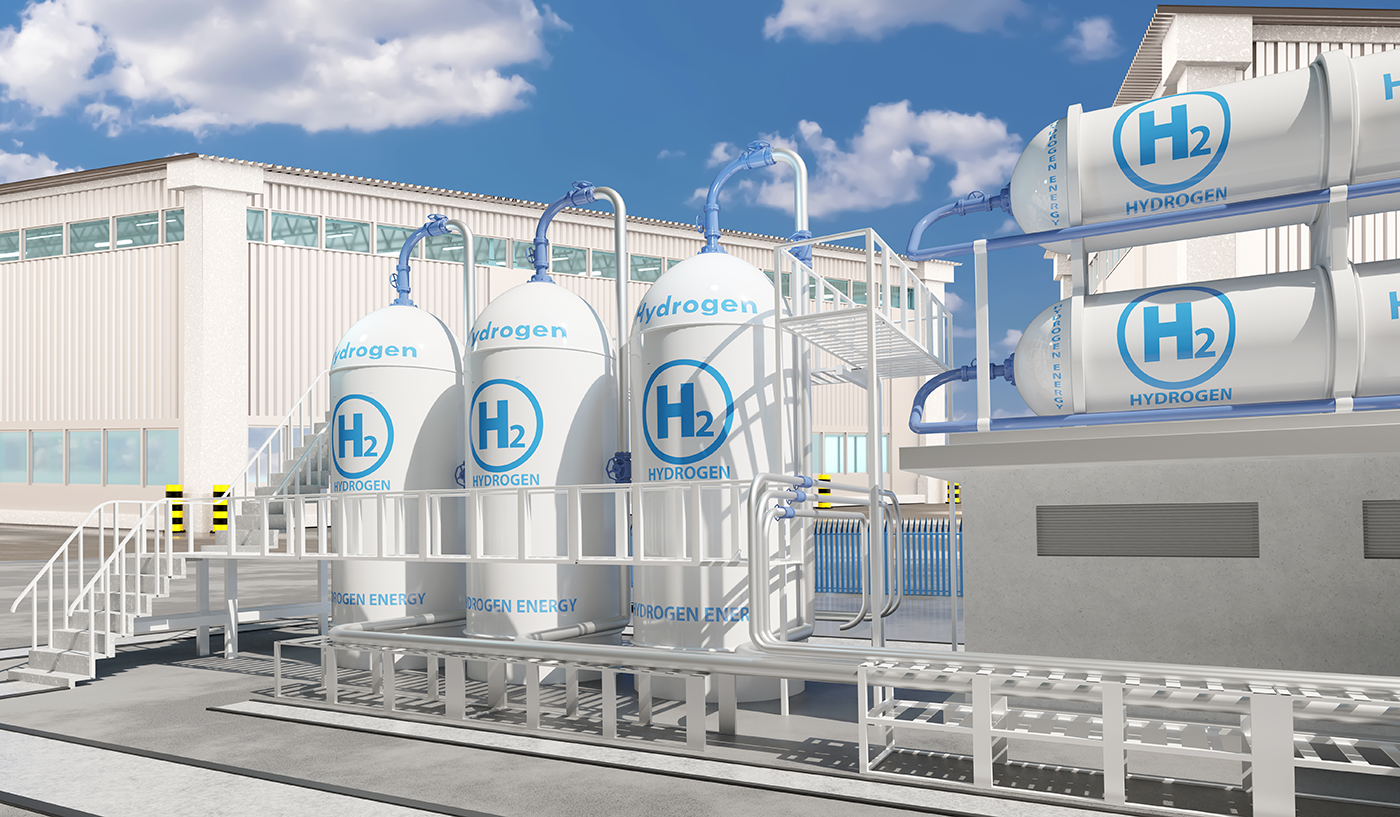NEWS & INSIGHTS | Opinion
How to identify the technology that will deliver net zero

The decisions and actions we take over the next decade will define our energy system and have a material impact on the UK energy transition and industrial system. That’s why, at the Net Zero Technology Centre (NZTC), we are thinking carefully and collaborating extensively to create the programmes we will need to deliver over the next decade. With input from our industry partners, we are focused on selecting and developing the right technology projects that will accelerate the energy transition.
The UK’s target of net zero by 2050 and Scotland’s of net zero by 2045 seem distant yet the urgency to accelerate our progress towards the goals has never been more pressing. The Paris Agreement goal was to keep the long-term global average surface temperature increase to well below 2C above pre-industrial levels and pursue efforts to limit the warming to 1.5C. In 2024, the World Meteorological Organization announced that warming has temporarily hit this 1.5C target. Global emissions of CO2 – despite a decade of relative plateau – reached a record 37.4 Gt in 2024, 0.4 Gt higher than the previous record set in 2023.
Transforming the current fossil-fuel-dependent energy system into flexible, sustainable, end-user-focused solutions is essential and will depend on technology innovations: 35% of the projected global greenhouse gas abatement requirements by 2050 will need to come from technologies that are currently not commercially available.
Over the past decade NZTC programmes have delivered UK supply chain growth, safeguarded and created over 1,500 jobs, fast-tracked commercialisation of 59 technologies and supported 117 start-ups. Building on that track record, we are now looking ahead to fast track the development of the technologies we need to deliver the energy transition.
We have identified significant opportunities for technology development and deployment across four critical areas: renewables and grid, hydrogen, carbon capture and storage (CCS), and industrial decarbonisation; all supported by digital advancements. In 2025, NZTC is collaborating and consulting across a wide range of industry stakeholders. NZTC is refining these opportunities and priorities to create a series of roadmaps for each of our technology focus areas to be delivered over the next decade.
Within renewables, the focus is on advancing offshore wind and marine renewables technologies to harness the UK’s vast renewable resources, aiming to reduce the levelised cost of electricity and enhance energy security. For hydrogen, the strategic imperative is to develop a robust hydrogen economy by reducing production costs and creating scalable solutions, achieving a target of less than €2/kg by 2035.
The CCS sector presents opportunities to develop and implement cost-effective capture, transportation and storage solutions to meet the UK’s ambitious emissions reduction targets. Finally, industrial decarbonisation emphasises the need for innovative technologies to monitor, measure and mitigate greenhouse gas emissions, targeting a 90% reduction in CO2e emissions by 2050.
Deploying the latest advancements in robotics, artificial intelligence, digital modelling and data collaboration to significantly reduce greenhouse gas emissions will boost labour productivity and achieve substantial cost efficiencies across all the energy transition technologies described in the report.
The UK has the greatest potential offshore wind resource in Europe, estimated to be greater than the next five European countries’ resources combined. According to Rystad Energy, the UK’s share of global and European spending between 2030 and 2040 is expected to reach 36% and 45% respectively. In addition, average annual spending in the UK’s domestic FOW market is expected to reach £8.2 billion between 2030 and 2040. By moving at pace, the UK can build on the key strengths of its established oil and gas supply chain to diversify into both the domestic and export market for net zero technology solutions in this sector and gain an early mover advantage in segments such as mooring solutions, dynamics cables, ports and logistics and specialist vessels.
Hydrogen and Carbon Capture and Storage (CCS) both present large global markets. For hydrogen, the UK excels in engineering, onshore fabrication and construction, whilst for CCS the UK can capitalise on its historical competency in delivering subsea technology globally, focusing on well construction, subsea engineering, procurement, construction and installation (EPCI), subsurface and flow assurance.
Since opening in 2017, NZTC has delivered impact by deploying technology trial programmes, accelerating strategic net zero infrastructure projects, hosting theme-specific technology accelerators and building collaborative industry programmes in line with the technology priorities set in partnership with industry. Each programme responds to a challenge or gap within the sector at present and combines public and private funding to de-risk and lower costs in the development of innovative technologies that will deliver the energy transition.
What is critical to success is that all NZTC programmes are industry-led, providing responses to industry issues and a clear line of sight to deployment. That is why NZTC has been reaching out to our industry partners from March this year, to identify the key projects in the right programmes. These are what we call innovation priorities and they will help us create technology roadmaps that will deliver the next generation of energy technology in the years to come.
Subscribe for the latest updates




